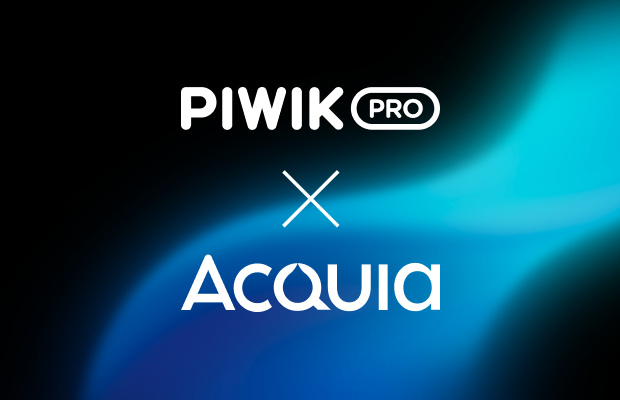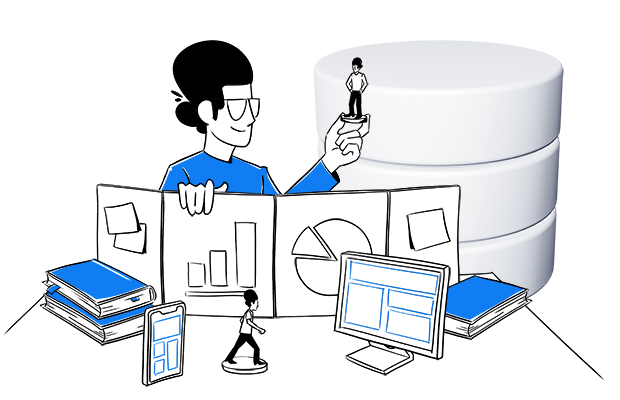Non-personally identifiable information (non-PII) is a piece of data that cannot be used on its own to trace or identify a person. This type of information is typically collected and used for various purposes such as analytics, research, or advertising targeting without revealing the individuals’ identity.
Examples of non-PII include, but are not limited to:
- Aggregated statistics on the use of product / service
- Partially or fully masked IP addresses
- Types of devices (such as smartphones, tablets, and desktops)
- Cookies or anonymous identifiers
- Time spent on a website or app
While non-PII doesn’t directly identify individuals, there can still be privacy concerns associated with its collection, storage, and usage, especially when combined with other data sources or when certain patterns can lead to indirect identification. Therefore, organizations that collect non-PII need privacy policies and procedures to safeguard this information and ensure compliance with relevant regulations.
Here you’ll find the full comparison of personally identifiable information, non-personally identifiable information and personal data: What is PII, non-PII, and personal data? [UPDATED]









